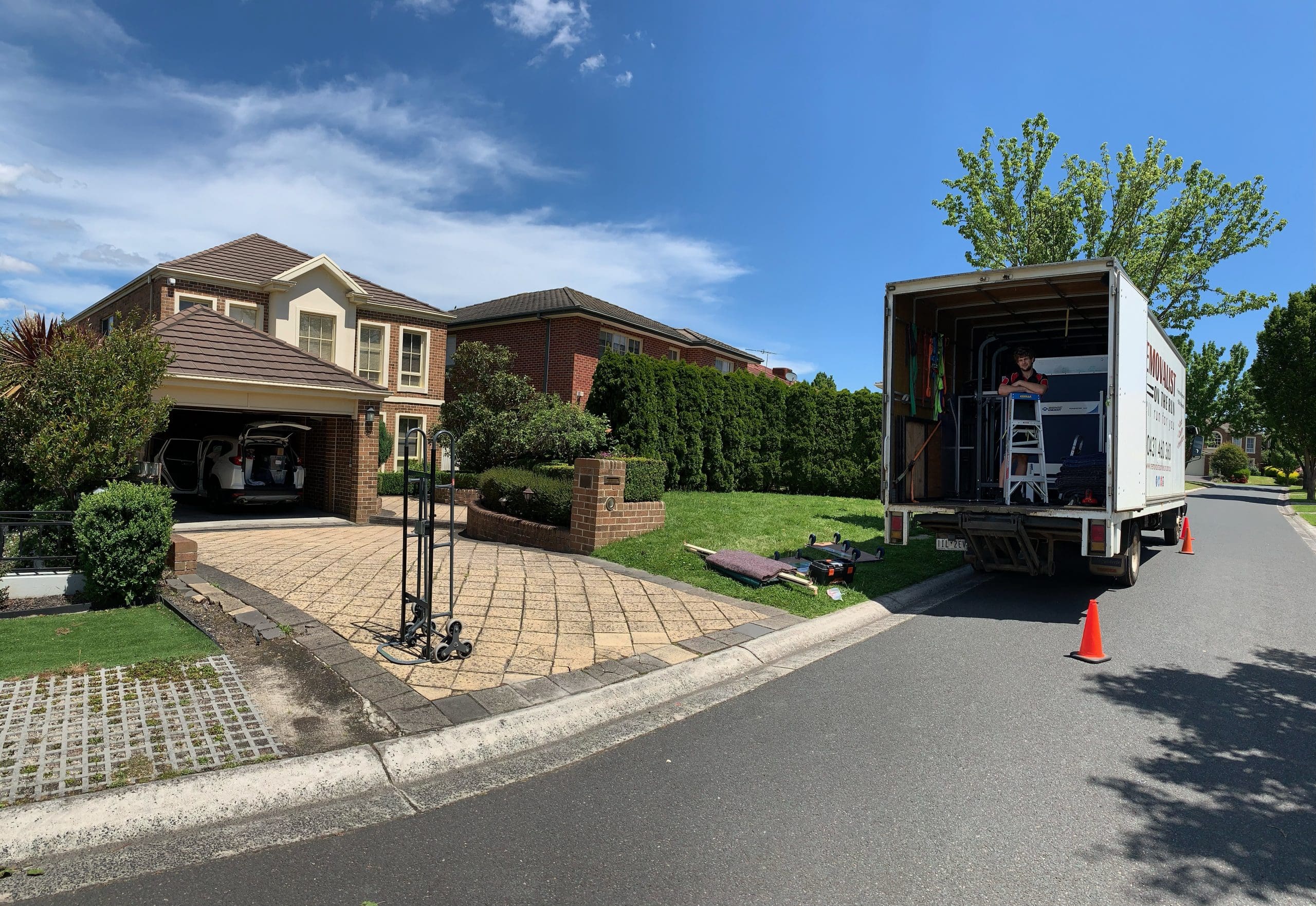
Melbourne, the cultural capital of Australia, beckons with its vibrant arts scene, culinary delights, and diverse neighbourhoods. However, like any bustling metropolis, Melbourne comes with its own set of expenses. Whether you’re considering a move to this dynamic city or planning to relocate within its boundaries, understanding the cost of living is crucial for budgeting and financial planning. So if you are thinking what is the cost of living in australia? Through this blog, we’ll delve into the various aspects that contribute to the cost of living in Melbourne, Australia providing insights and tips to help you navigate expenses effectively.
One of the most significant components of the average cost of living in Australia is housing. The city’s real estate market has experienced steady growth in recent years, leading to higher property prices and rental rates. Suburbs closer to the city center tend to command higher prices, while outer suburbs offer more affordable housing options.
The average monthly rent for a one-bedroom apartment in Melbourne CBD ranges from AUD 1,800 to AUD 2,500, with prices varying based on location, size, and amenities.
Purchasing a home in Melbourne requires a substantial investment, with median house prices exceeding AUD 1 million in many suburbs. Buyers should carefully consider their budget and explore areas that offer a balance between affordability and lifestyle preferences.
Getting around Melbourne is relatively convenient thanks to its extensive public transportation network. However, transportation costs can still impact your overall budget.
The myki card is Melbourne’s primary ticketing system for trains, trams, and buses. Fares vary based on the number of zones travelled, with a daily cap to limit expenses. Monthly public transport passes offer discounted rates for frequent travellers.
Owning a car in Melbourne incurs additional expenses such as registration, insurance, fuel, and maintenance. Consider these costs when deciding whether to rely on public transport or invest in private transportation.
Managing utility bills and household expenses is essential for maintaining a comfortable standard of living in Melbourne.
Utility costs for electricity and gas vary depending on usage and provider. Energy-efficient appliances and conscientious usage habits can help reduce monthly bills.
Water usage is metered in Melbourne, with bills issued quarterly based on consumption. Conserving water through efficient fixtures and practices can lead to cost savings.
Access to high-speed internet and mobile connectivity is essential for modern living. Compare plans from different providers to find the best value for your communication needs.
Food expenses are a significant consideration when calculating the cost of living in Melbourne.
Supermarkets and local markets offer a wide range of grocery options at varying price points. Planning meals, buying in bulk, and taking advantage of specials can help stretch your grocery budget.
Melbourne is renowned for its culinary scene, with an abundance of cafes, restaurants, and eateries to explore. Dining out can range from budget-friendly options to fine dining experiences, allowing you to indulge based on your budget and preferences.
Access to quality healthcare is an important aspect of the cost of living equation in Melbourne.
Australia’s public healthcare system, Medicare, provides subsidised or free medical services to eligible residents. Private health insurance offers additional coverage for services not covered by Medicare, such as dental care, optical services, and elective procedures.
The Pharmaceutical Benefits Scheme (PBS) subsidizes the cost of prescription medications, making them more affordable for patients. Concessional patients and those with chronic conditions may be eligible for further discounts.
Navigating the cost of living in Melbourne requires careful planning, budgeting, and prioritisation of expenses. By understanding the various factors that contribute to living expenses in the city, you can make informed decisions to optimise your financial resources and enjoy all that Melbourne has to offer. Whether you’re a newcomer or a long-time resident, managing costs effectively ensures a fulfilling and sustainable lifestyle in this dynamic urban centre.